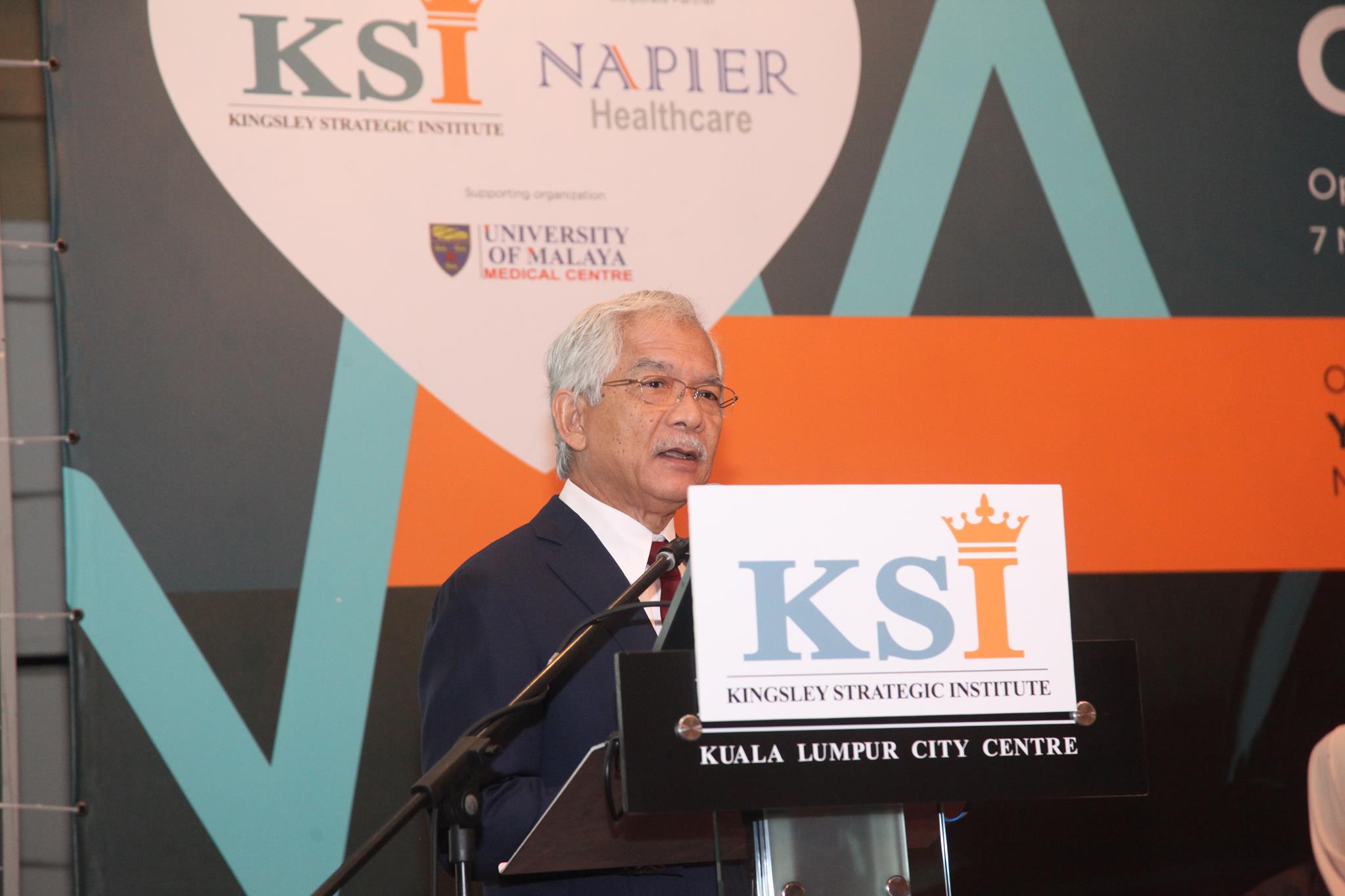KUALA LUMPUR, Nov 25 – The Health Advisory Council has suggested allowing contract medical officers to pursue specialist training, as three years’ experience in a permanent post is currently required.
The current system of selecting doctors for specialist training programmes needs to be improved, said Dr Abu Bakar Suleiman, the chairman of the Health Advisory Council (HAC), an independent advisory committee that counsels the Ministry of Health (MOH).
“Presently Malaysia is very short of different types of medical specialists,” he told CodeBlue.
“The present system of selecting young doctors for further training is cumbersome, bureaucratic and needs to be more productive.
“Doctors enter training programs rather late, for administrative reasons, and many qualify late in their careers, and the attrition rate is high,” he added.
Recently, MOH confirmed that it could no longer guarantee permanent employment to medical officers, who may be reappointed on contract to serve the government for a mandatory two years instead.
Due to this, contract medical officers are unable to pursue their Master’s to be specialists because three years’ experience in a permanent medical officer post is required.
“Doctors employed on contract should be able to qualify for further training, and the system should be developed to allow for this. This will be part of the reform agenda,” said Dr Abu Bakar.
“This reform process is complex and multifaceted, and under consideration. Human capital for health will be part of this,” he stated.
“The role of different health professionals in future will determine how human capital will be developed for the future health system. This includes the role for medical graduates.”
As for the suggestion on these graduates doing their housemanship in private hospitals, Dr Abu Bakar said the chances for that to happen are slim.
“Housemanship in private hospitals is a complex issue, while theoretically possible, is difficult to implement for now.”
Dr Abu Bakar also mentioned that halting medical school intakes for even one year, amid a glut of medical students, was not welcomed.
“I am not in a position to comment on public universities stopping the intake for one year into medical school, beyond feeling that this is not a good idea,” he told CodeBlue.
The Health Advisory Council comprises seven ex-officio members who were chosen by Health Minister Dzulkefly Ahmad. They are council chairman Dr Abu Bakar (IMU Group chairman), Jemilah Mahmood (International Federation of Red Cross and Red Crescent Societies, Partnerships, undersecretary general), Kamal Mat Salih (Universiti Malaya professor of economy and development studies), Dr Adeeba Kamarulzaman (Universiti Malaya medical faculty dean), Dr Musa Mohd Nordin (KPJ Damansara Hospital consultant paediatric expert), Dr Alex Matthews (Gleneagles Medical Centre consultant obstetrics and gynaecology expert), and Dr Yap Wei Aun (Harvard School of Public Health, Malaysia Health System Project, Country Technical Director).
The Health Advisory Council, which is tasked to advise the minister on health issues, is presently working on issues related to the reform of the health system, public and private, including concerns regarding the workforce.
The Malaysian Medical Association (MMA) told CodeBlue that it welcomes the council and the work it is doing to improve the health care sector.
“The MMA had in fact proposed this advisory council decades ago to provide a holistic perspective of health services and health; which involves and is impacted by almost every activity of government,” said MMA president Dr N. Ganabaskaran.
“The appointment of the respected and senior members to the HAC lends credibility to the motive of the then ‘new’ government to seek views outside of the traditional and hierarchical MOH.”
But the doctors’ group called for a bipartisan parliamentary committee on health care, beyond a royal commission on health.
“However, the MMA feels that the growing discrepancies and tensions in the health sector may not even be readily accessible to a core of well-meaning individuals who have full time responsibilities,” said Dr Ganabaskaran.
“The MMA has even in its 1980 report called for a Royal Commission on Health which will have more authority and resources to ascertain the gaps in health and also to provide guidance for the future towards Universal Health Coverage (UHC).
“The rising crescendo of friction within and without the health system like the rectification of primary care practitioners’ fees and the apartheid segregationist employment of graduate house officers are but the tip of the iceberg,” Dr Ganabaskaran expounded.
Dr Abu Bakar concluded on the Health Advisory Council’s future plans: “The HAC will continue to advise the minister on issues related to the health reform agenda.”








